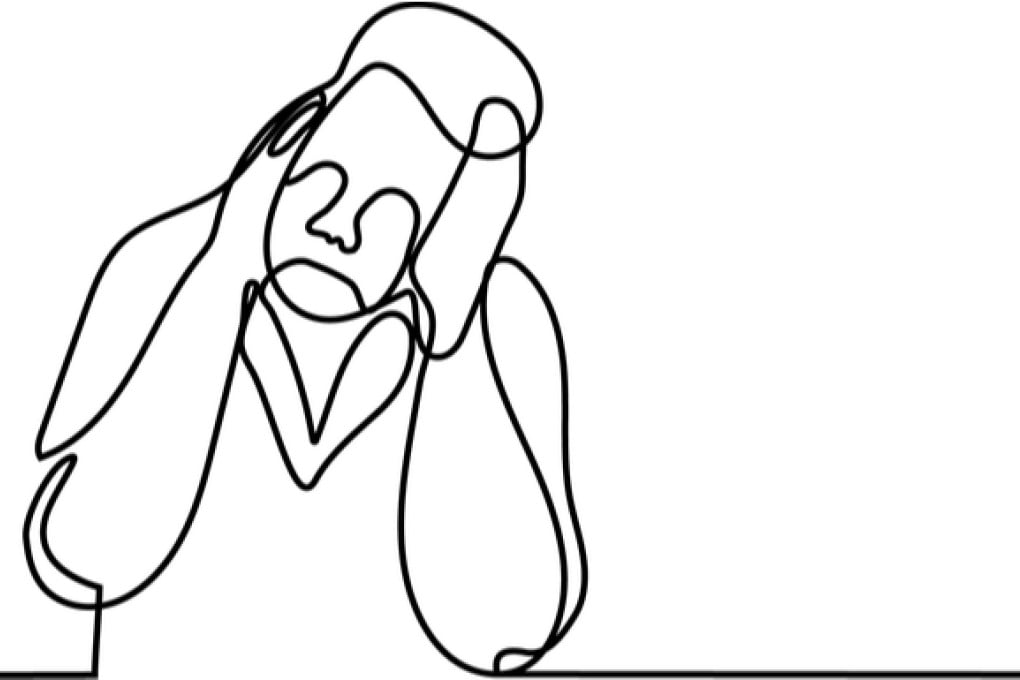Negative thoughts can impact your mood, mental health and even your life, but you can break the cycle
All too often, we can find ourselves harbouring unhelpful thoughts. With some simple exercises, you can focus on what's really behind them, reframe your problems and take back control

Sometimes you can think yourself into a problem that isn’t actually as burdensome as it may feel. It is very common to have “unhelpful thoughts” - and it’s not something that ends with puberty; even pretty mature adults get them, too. Often, people will use the same unhelpful thinking style again and again throughout their lifetime.
Unfortunately, not everyone becomes aware of their own thinking patterns, and they repeat thinking styles which are just not helpful.
Becoming aware of any unhelpful thoughts is a great step to making some really positive changes in your life. Read through the following examples of unhelpful thinking styles. Ask yourself why they may have a negative effect on someone. Also consider whether any sound familiar to you and whether you have a tendency to overuse any of these.
Types of unhelpful thoughts
Labelling: Attaching rigid labels to ourselves or others; e.g. “I’m so stupid”; “They are perfect”.
Should/Must: Using these words about ourselves or others, leading to high (sometimes quite unrealistic) expectations.
Catastrophising: Thinking the worst of a situation, blowing things out of all proportion, and not seeing things logically or with realistic perspective.
All or nothing: Also called “black and white thinking”, this is an inability to see nuance or the “grey” complexity of life, e.g. “If I fail this exam, my whole life is over”.
Mental filter: Paying attention to just some of the evidence, but ignoring the full picture. Our filters naturally lean towards ignoring positives and noticing negatives, so we may be more likely to see our failures but disregard our successes.